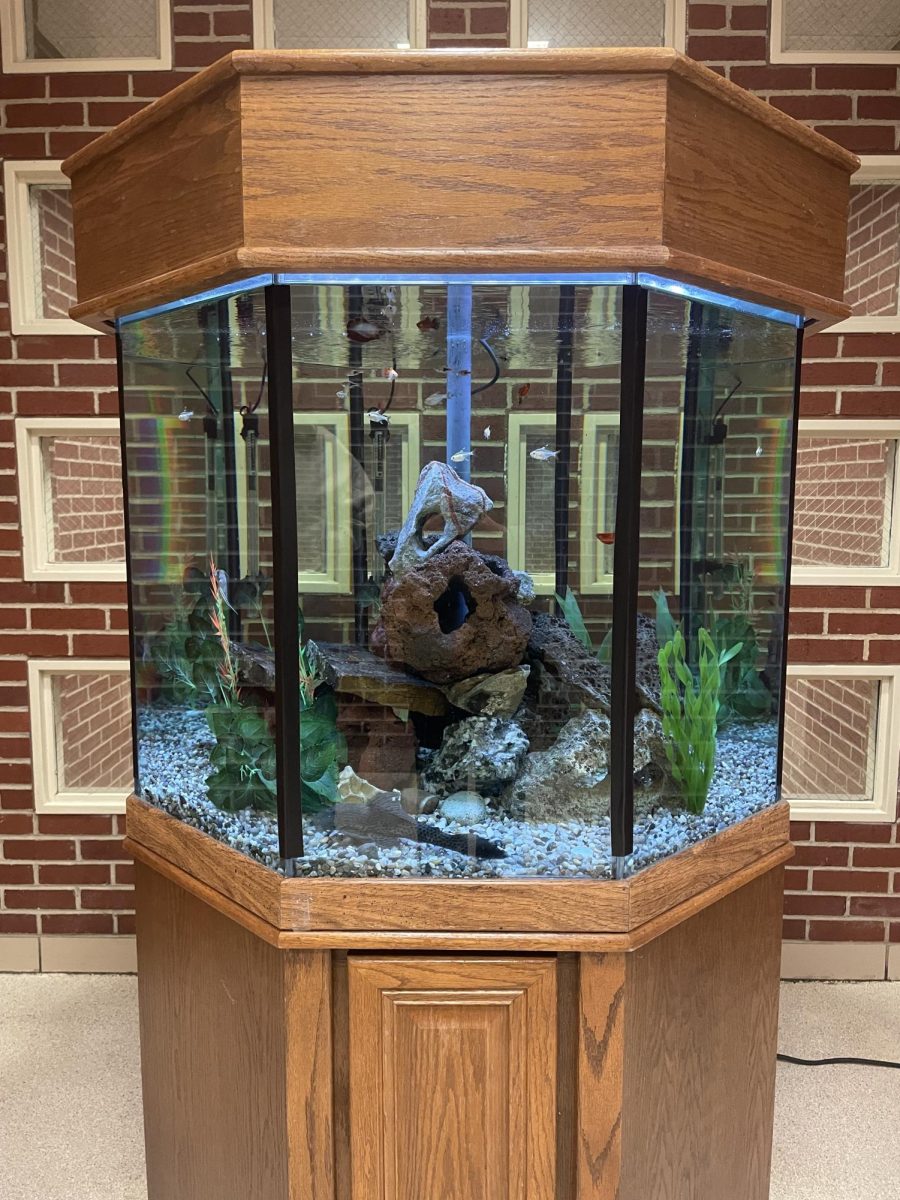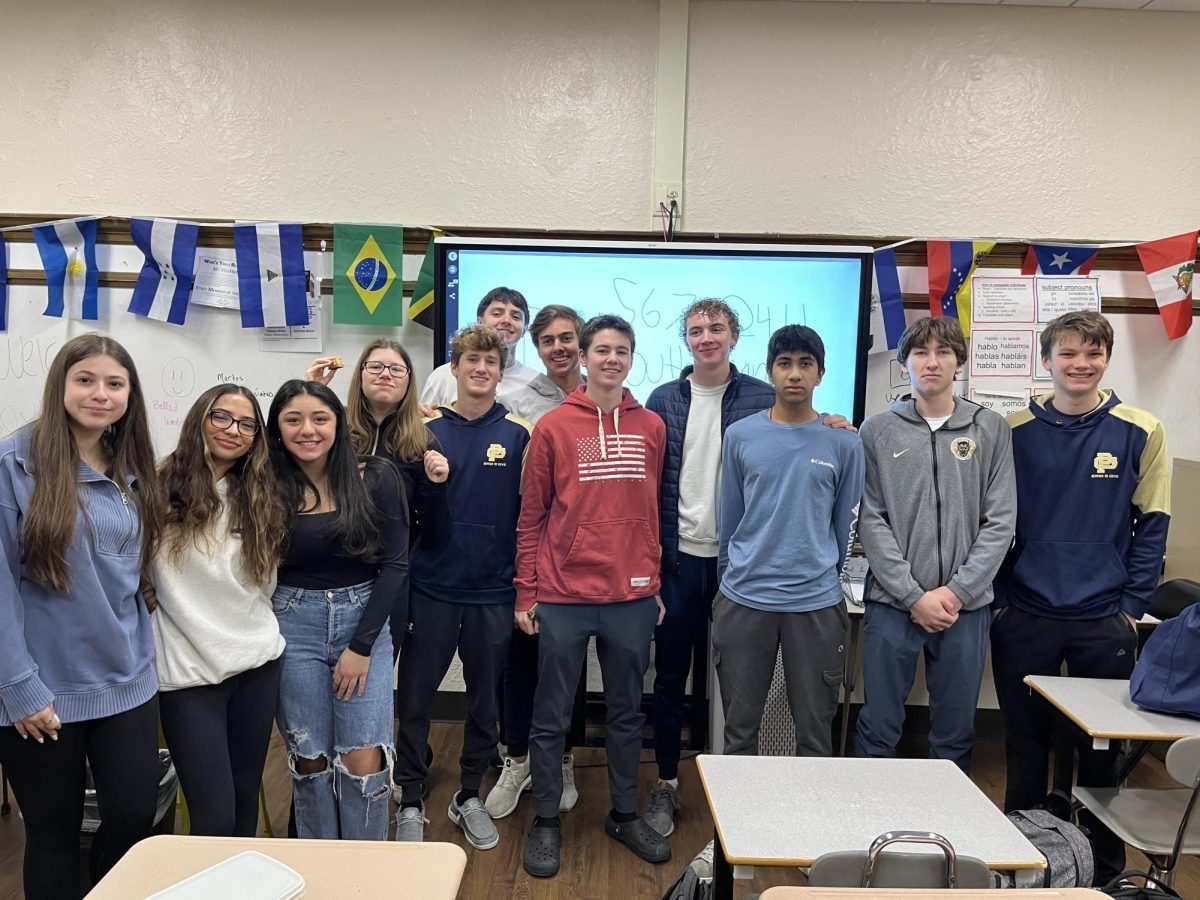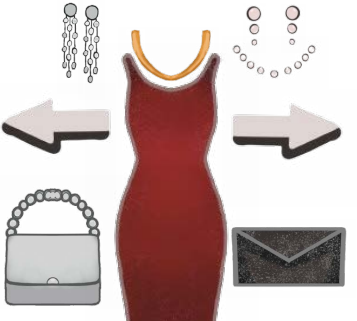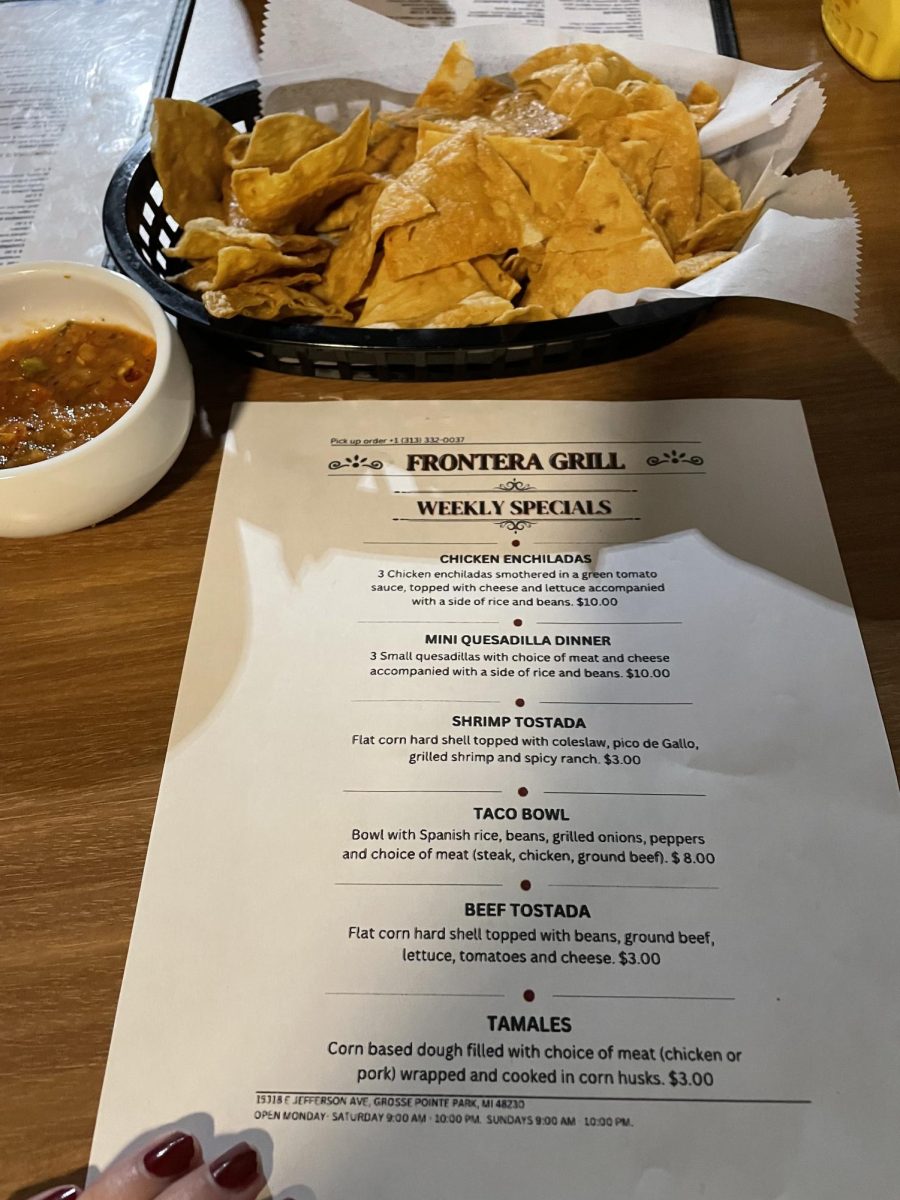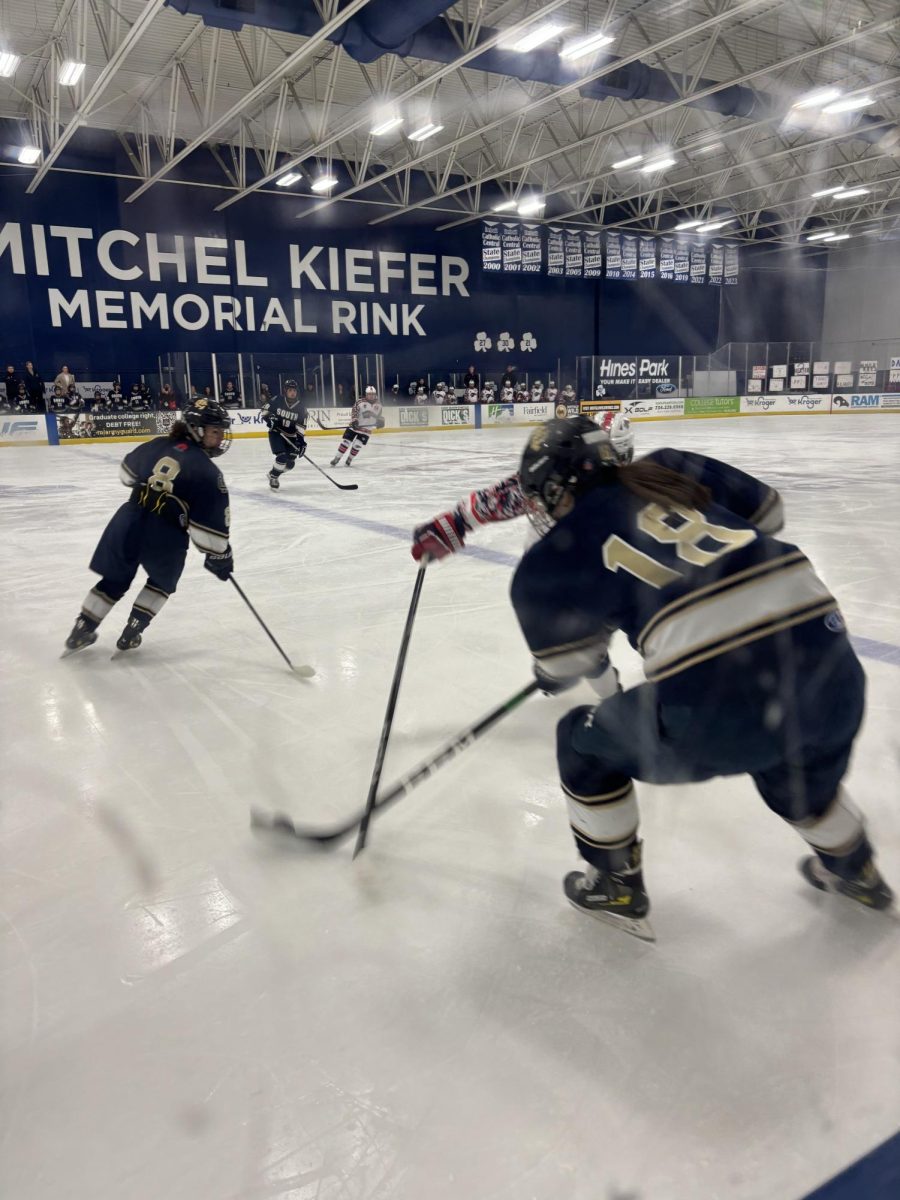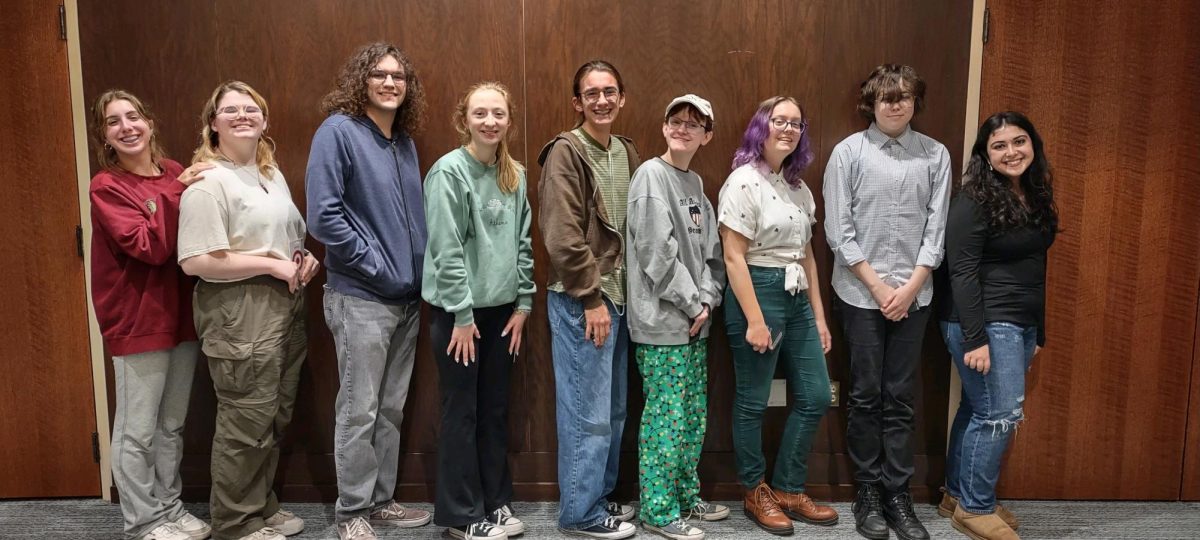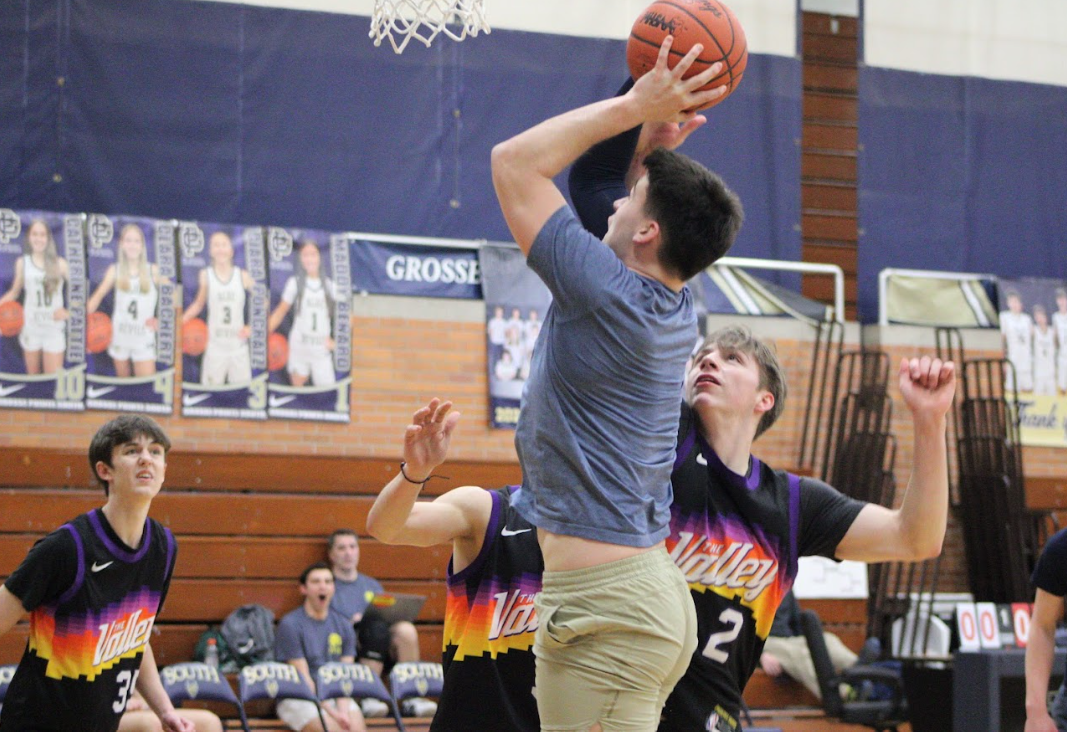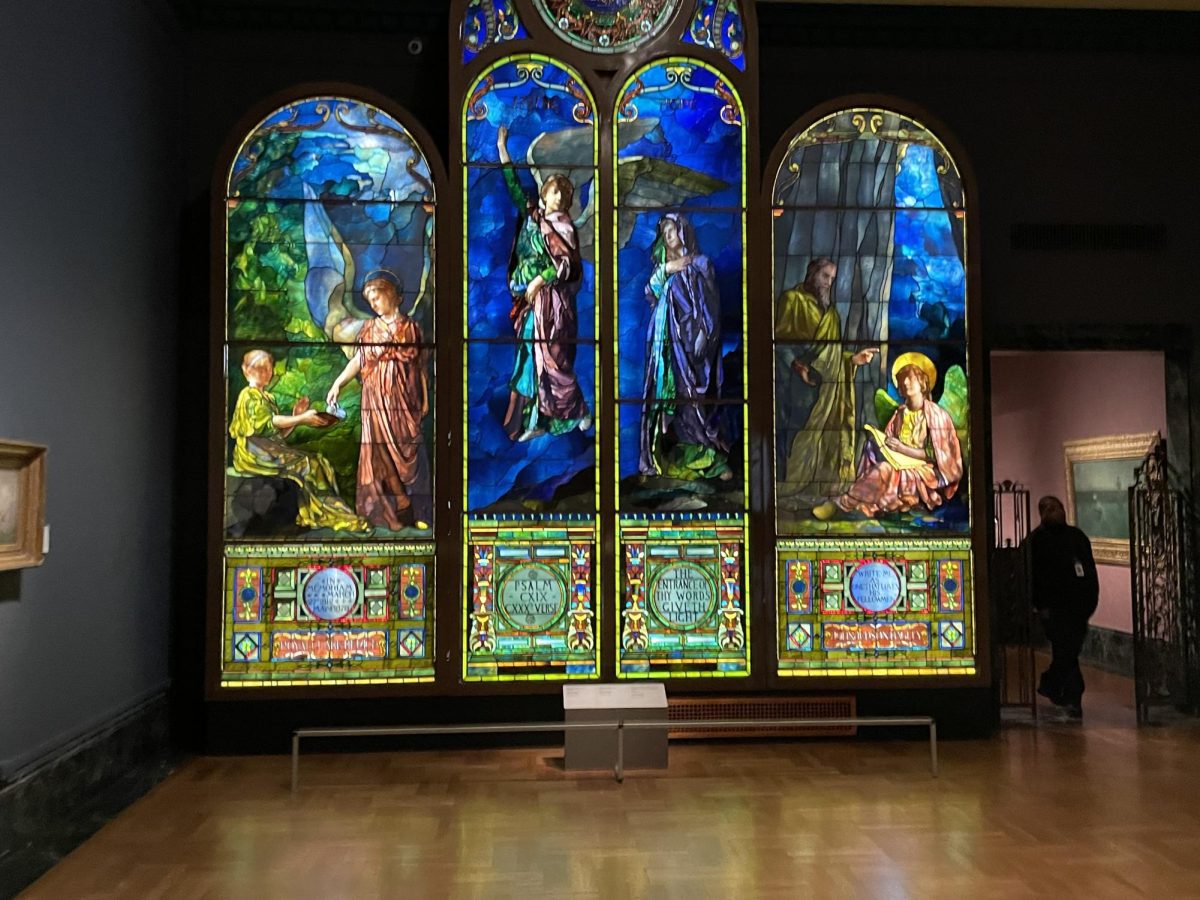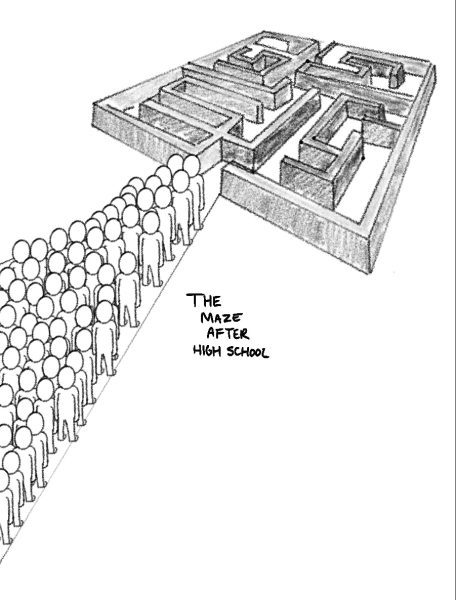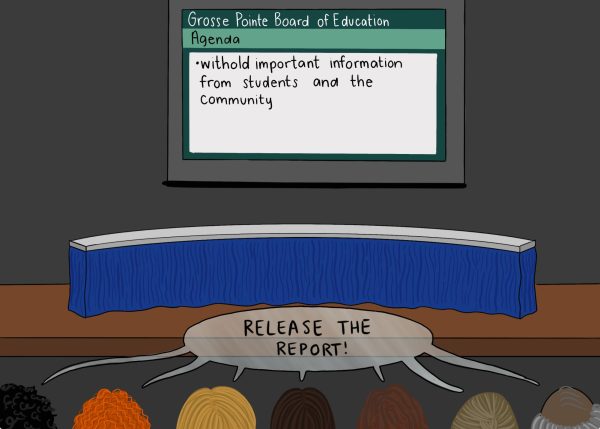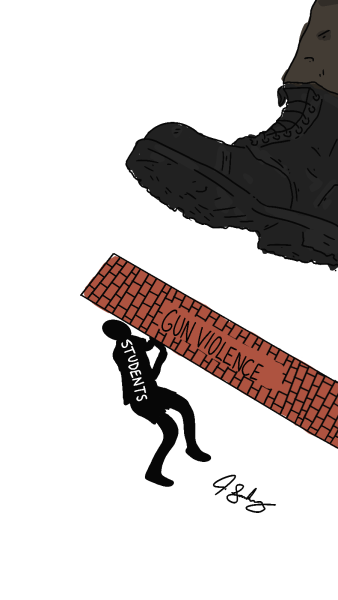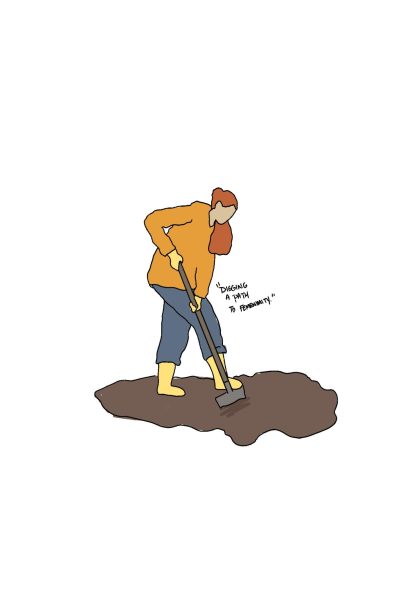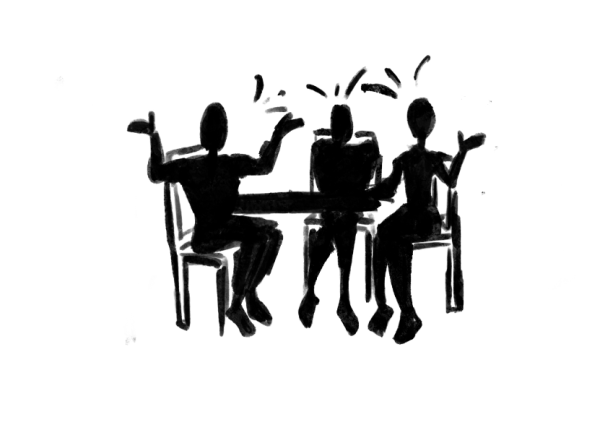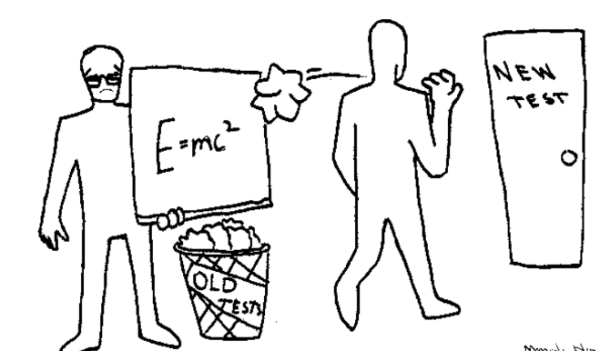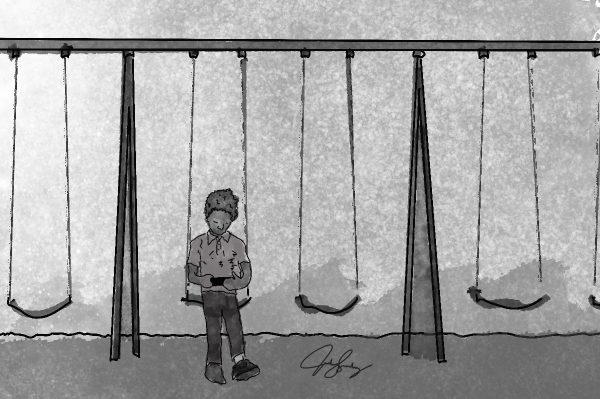How to initiate an intersectional future
February 9, 2020
After a decade of tumultuous politics surrounding women’s rights to cap the end to a monumental century of feminism, the future of the movement stands at the precipice between maintaining the progress made and designing an even more beneficial future. This very balance is embodied in what is now referred to as “intersectional feminism,” a concurrent movement acknowledging the different identities and experiences of women, whether they be race, sexual and gender identity, or social class.
However, with 90.2 percent of the Grosse Pointe population being white, according to Data USA, the question of inclusivity, especially racially, is no new obstacle to overcome. That is to say, if modern feminism is meant to be intersectional, how can South tackle that conversation effectively, being a relatively homogeneous community?
We at The Tower believe that in order to navigate the conversation of feminism, we must take the necessary steps towards ensuring that the conversation is representative of all voices of the community– not just the loud majority.
This situation will not remain static. With the minority base of the Pointes expanding– specifically with Grosse Pointe Park possessing a 10 percent African American population as of 2019, according to Metro Times– the conversation must adjust and adapt in order to be encompassing of the shifting public it seeks to embody.
With all this being said, there has been some progress made regarding wider acceptance of the conversation around intersectionality and feminism, in the Pointes and in the country as a whole. On a high-school level, different clubs have been established or participated in– from the Intersectional Feminists Club to the Gay-Straight Alliance– allowing more and more students to find places where they can comfortably express their identities and ideals. On a national level, intersectional feminism is gaining traction and attention, as leaders dedicate themselves to varying issues from increasing educational opportunities in developing countries to eliminating wage gaps between those of different genders and races.
These are great things that have been accomplished, and The Tower recognizes that. However, it is not the end. There is still so much more to be done and so much more change to be accomplished, especially in Grosse Pointe. Specifically, we see a need for more education on the experiences of people of color that many white students don’t have, more action geared towards eliminating sexual harassment in schools, school-wide volunteer opportunities for the less-priviledged globally and more respectful communication between those with competing ideas.
These and other changes, waiting to be materialized in our country and our very own homes, is dependent on us. It is our job– each and every single one of us– to ensure that no one’s voice is pushed to the back of the narrative, as minority and lesser-priveliged womens’ have been in previous feminist movements.
This change does not have to be grand– any impact you can make helps propel this conversation forward. Donating to organizations such as the National Women’s Health Network or marching in rallies and parades are great examples to create progress. To ensure the representation and upholding of all voices, of all women, of all identities, race and religion, we at The Tower believe we need to take the first step to make the change, no matter the size.












